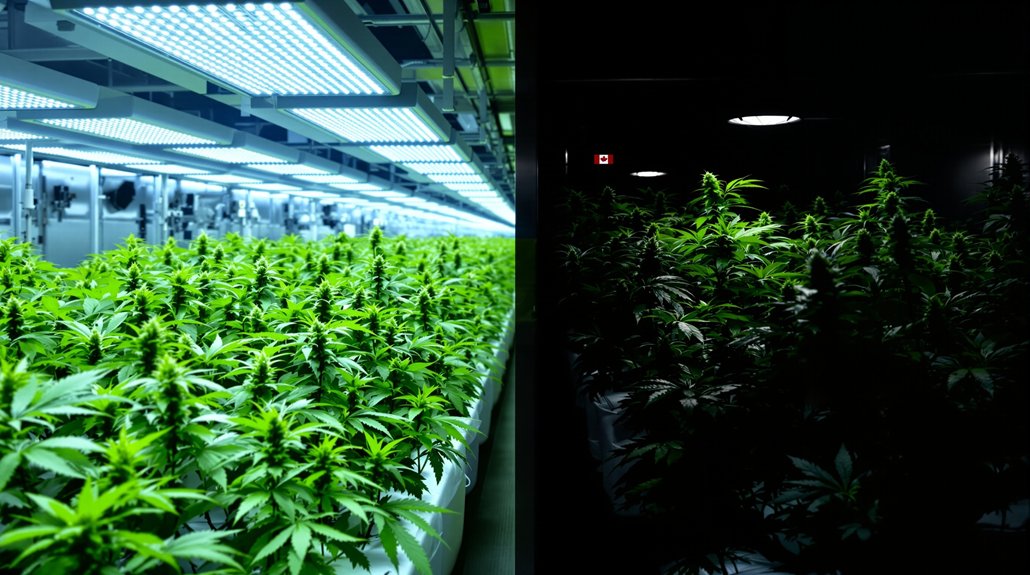Slovenia has emerged as a frontrunner in European cannabis policy reform, implementing extensive legislation that positions the country among the continent’s most progressive jurisdictions for medical cannabis access. The transformation follows a decisive 2024 consultative referendum where 66.7% of voters supported medical use and 51.6% backed limited adult use, providing clear public mandate for thorough reform.
The National Assembly passed groundbreaking medical cannabis legislation in July 2025, supported by a coalition including the Freedom Movement, The Left, and Social Democrats. This law removes cannabis from the narcotics list within 90 days of enactment and establishes one of Europe’s most patient-friendly frameworks. Unlike restrictive models elsewhere, Slovenia’s approach permits doctors to prescribe cannabis for any condition they deem appropriate, eliminating bureaucratic barriers that often limit patient access.
The medical framework operates through a non-exclusive licensing system that welcomes both individuals and businesses without creating state monopolies. This structure deliberately prevents corporate monopolization while guaranteeing products meet rigorous GACP, GMP, and European Pharmacopoeia standards. Following Canada’s example, Slovenia recognizes the importance of regulated quality standards to ensure patient safety and product consistency. Patients receive cannabis cards to streamline pharmacy transactions and uphold legal compliance, creating a practical system that prioritizes accessibility.
Adult-use legalization proposals, introduced days after the medical law’s passage with hearings scheduled for fall 2025, reflect similar anti-corporate principles. Adults would cultivate up to four plants per person, with household caps of six plants total. Possession limits allow seven grams in public and 150 grams at home per adult, up to 300 grams per household. Particularly, the framework permits cultivation, possession, and non-commercial gifting while explicitly prohibiting commercial sales.
This approach empowers individuals through home cultivation and sharing networks rather than creating retail markets dominated by large corporations. Employment protections prohibit workplace cannabis testing, while safety measures include a 3 ng/mL THC driving limit with tiered fines ranging from €300 to €1,200. Public consumption and use near minors remain banned.
The legislation clarifies CBD’s legal status, aligning with EU standards and enabling domestic industry growth. Slovenia’s domestic supply chain prioritization reduces patient reliance on inconsistent imports while projecting medical and scientific cannabis markets to exceed €55 million by 2029. The legislation provides legal clarity for cannabinoids like CBD, CBDA, and CBG, legitimizing companies operating in extraction, formulation, or product development. Slovenia joins a growing movement across European Union countries where progressive cannabis policies are reshaping the continental landscape for reform.
Slovenia’s model demonstrates how cannabis reform can prioritize patient access and individual empowerment over corporate profits. The open licensing framework and prohibition on commercial adult-use sales create space for innovation and economic participation without enabling monopolization. This balanced approach addresses public health concerns while respecting voter preferences, potentially serving as a template for other European nations considering cannabis policy reform.








